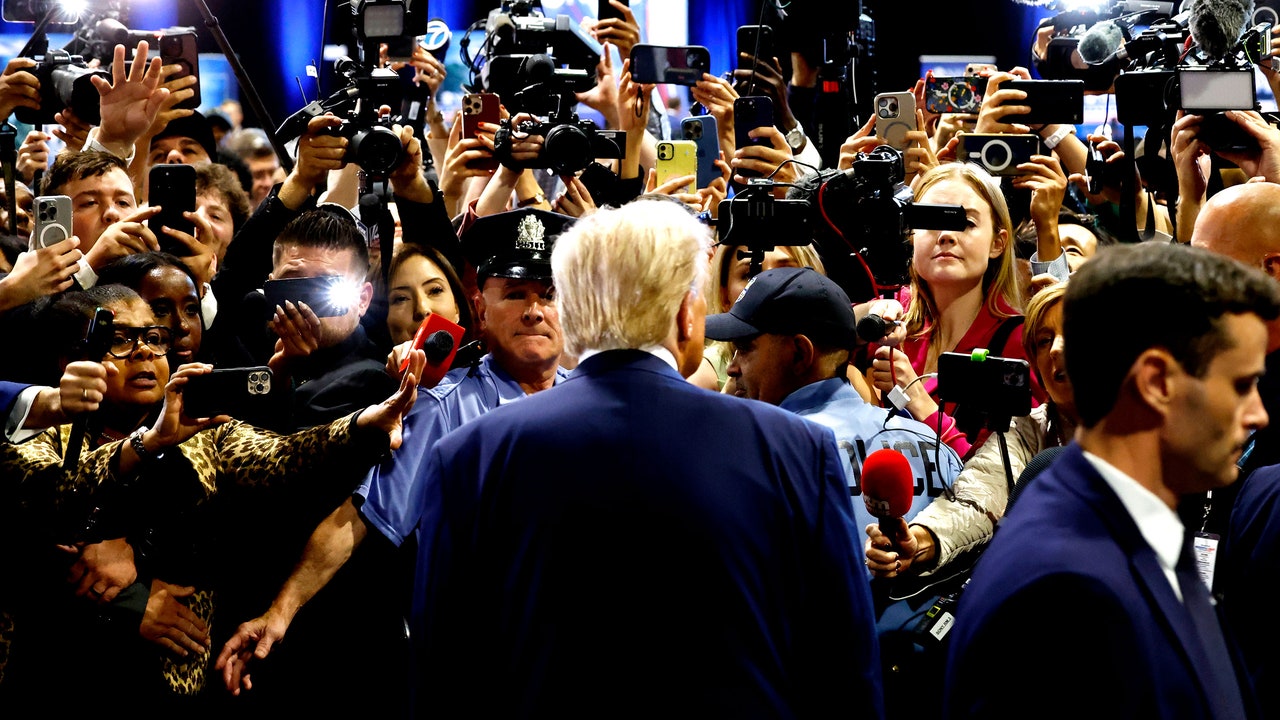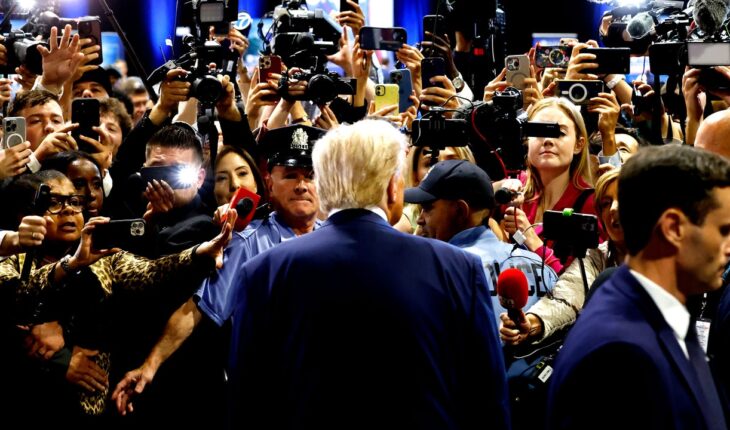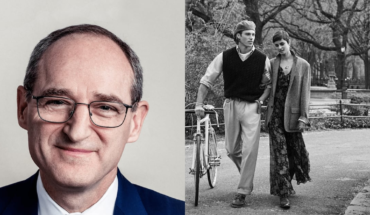
“Everybody’s exhausted and he hasn’t even taken office yet,” Peter Baker, chief White House correspondent for The New York Times, says of White House reporters already consumed by covering a second Donald Trump administration.
With no time for a break, the grueling 2024 election cycle quickly morphed into a tumultuous transition period characteristic of Trump’s first term in office. From promising to dismantle the federal government and proposing sweeping tariffs on Mexico and Canada to rolling out a slew of controversial Cabinet nominees—including the already-withdrawn former representative Matt Gaetz—and installing Elon Musk and Vivek Ramaswamy in a new department, Trump has already provided a steady stream of developments. With more than seven weeks until the inauguration, reporters I’ve spoken to who covered Trump’s first term in the Oval Office see the signs of a punishing news cycle to come in his second presidency.
“Anybody who went through it the last time remembers how nonstop it was. It ends up kind of becoming all-consuming and taking over your life. It wears you down,” Baker says, adding that “you have to expect that covering a big story is, by definition, taxing because it’s important.” The Times’ chief White House correspondent tells me that while Trump’s ability to grab headlines is as present as ever, it’s “not as novel this time.”
Baker is among a number of prominent reporters steeped in covering Trump, a group that includes colleagues like Maggie Haberman, Jonathan Swan, and Michael Bender, as well as competitors such as Politico’s Meridith McGraw, The Washington Post’s Josh Dawsey and Ashley Parker, The Hill’s Julia Manchester, The Bulwark’s Marc Caputo, Puck’s Tara Palmeri, and CNN’s Kaitlan Collins, who was named the network’s chief White House correspondent on Tuesday.
While these reporters (and many more) will undoubtedly tap their sources to ferret information out of the White House, Trump has a habit of breaking news himself by posting on social media at inopportune times, including late at night and on weekends. Baker says that after learning from 2016, news organizations have a responsibility to “recognize that we’re not going to jump on every single stray voltage that comes out of his phone.”
McGraw, who serves as a national political correspondent for Politico, agrees, noting that outlets aren’t going to be “hair on fire” over every single social media post that Trump makes, instead “thinking bigger-picture about stories” on the administration and its policies. However, “no matter where Trump goes, what he does, there’s behind-the-scenes drama and intrigue” that tends to distract from the more boilerplate policy news, she adds.
The Politico reporter captured Trump’s post-insurrection retreat to Mar-a-Lago and the seeds of his comeback in her book, Trump in Exile, adding to the veritable canon of journalist books on the president-elect’s races and chaotic first term in the White House. McGraw says she is not expecting the pace of news to let up anytime soon, pointing to the transition as an “indicator for the volume and speed of news that we can expect” in a second Trump administration.





